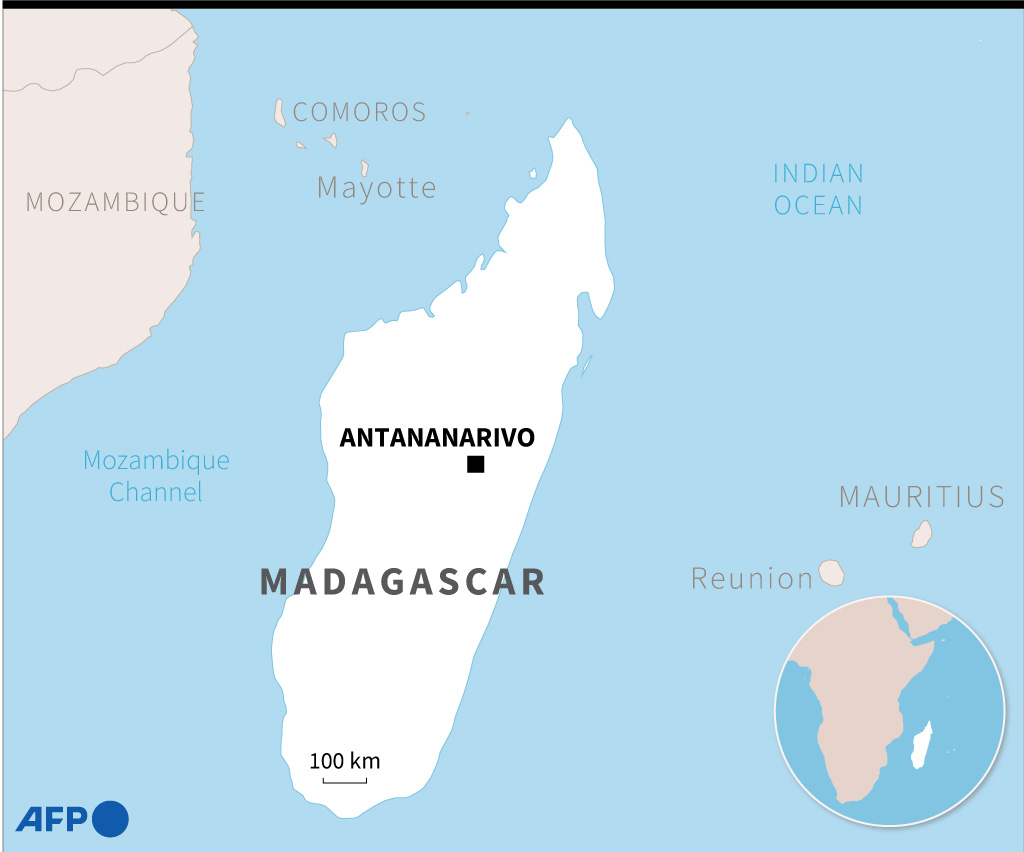Madagascar is one of the world’s poorest countries despite the island’s natural resources in farming, forestry, fishing and minerals. Its recent history is marked with sociopolitical unrest — often deadly for citizens and occasionally fatal to the ruling power.- March 29, 1947 -A nationalist insurrection is repressed by French colonial forces, causing tens of thousands of deaths over more than a year. Madagascar achieves independence in 1960.- 1972 -The government collapses following a student uprising with strong support from high school students and the working class in the Antananarivo province.The first president of the Malagasy Republic Philibert Tsiranana is forced to cede power to the military after a violently repressed popular uprising.- 1975-1991 -Tsiranana is succeeded by Didier Ratsiraka in 1975, who is also forced to resign following a protest movement in the early 1990s.During this period, unrest breaks out around the country and is met with repression each time. In 1991, a new wave of popular discontent emerges following months of peaceful protest.- 2001 -A disputed election during which relations fray between the two candidates: Ratsiraka, who returned to power in 1996, and millionaire Marc Ravalomanana. Ravalomanana is eventually declared the winner and succeeds his opponent in 2002 after months of protests and armed clashes between the two factions. He is re-elected in 2006.- 2009 -Andry Rajoelina, then mayor of Antananarivo and an adversary of the government, gathers over 20,000 people in the capital. Protests are marred by violence and the military hands power over to Rajoelina.- 2018 -Between late April and early June, Antananarivo is occupied by opposition supporters, who denounce new electoral laws and demand the resignation of the president, who is accused of authoritarian tendencies. The crisis ends with the appointment of a national unity government.- 2023 -Protests multiply in the weeks leading up to the presidential election.In June, information leaked to the press reveals that Rajoelina discreetly obtained French citizenship in 2014. However, attempts to invalidate his presidential candidacy “for lack of Malagasy nationality” are dismissed.The crisis escalates and a curfew is imposed in the capital on the eve of the first round of voting, which the opposition boycotts. On December 16, Rajoelina is reappointed president. Before the inauguration ceremony, he visits working-class neighbourhoods to distribute solar-powered lamps to homes without electricity.
